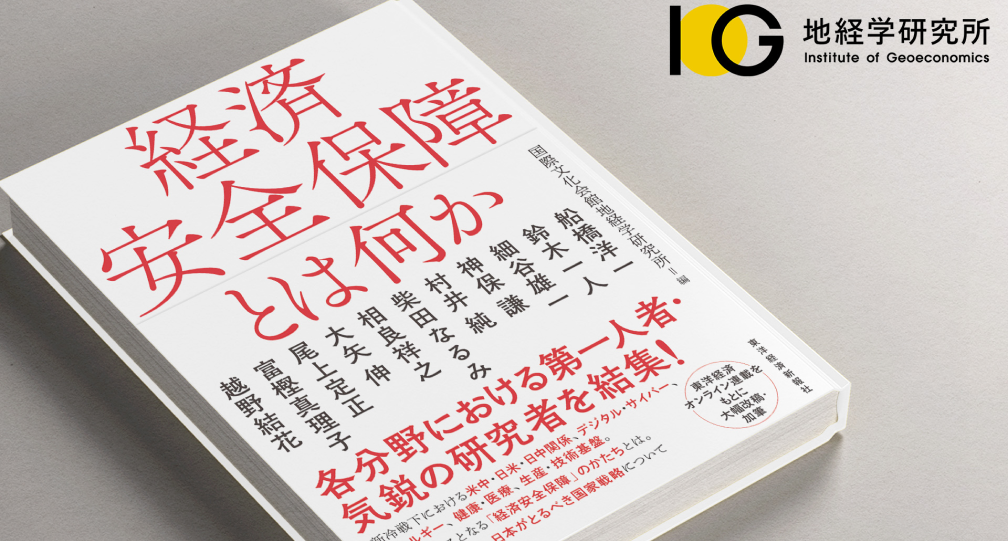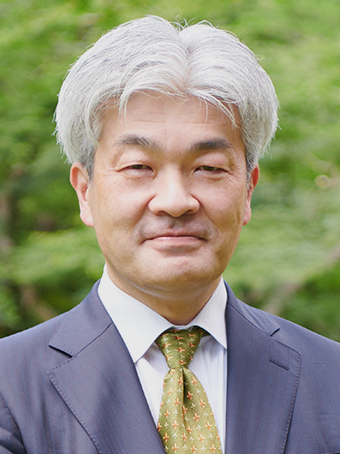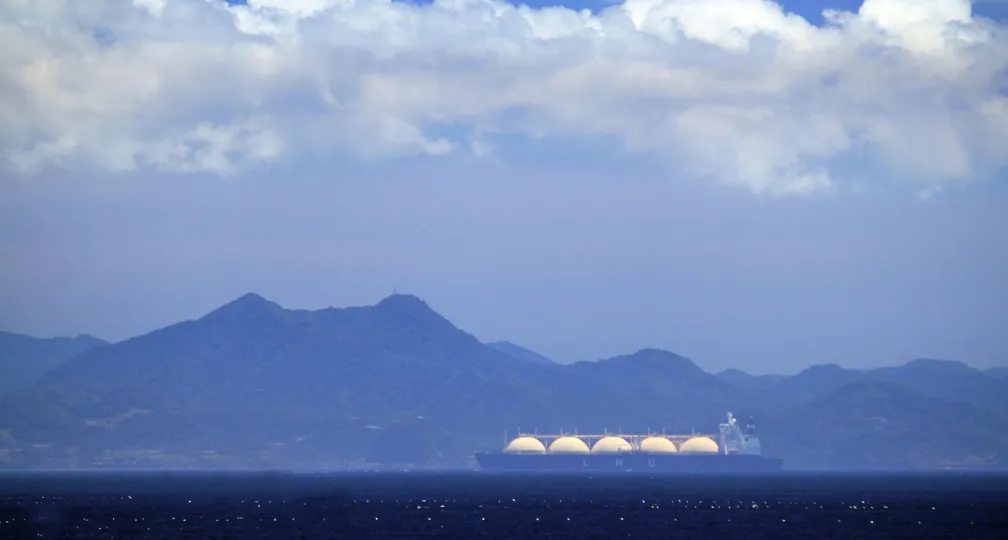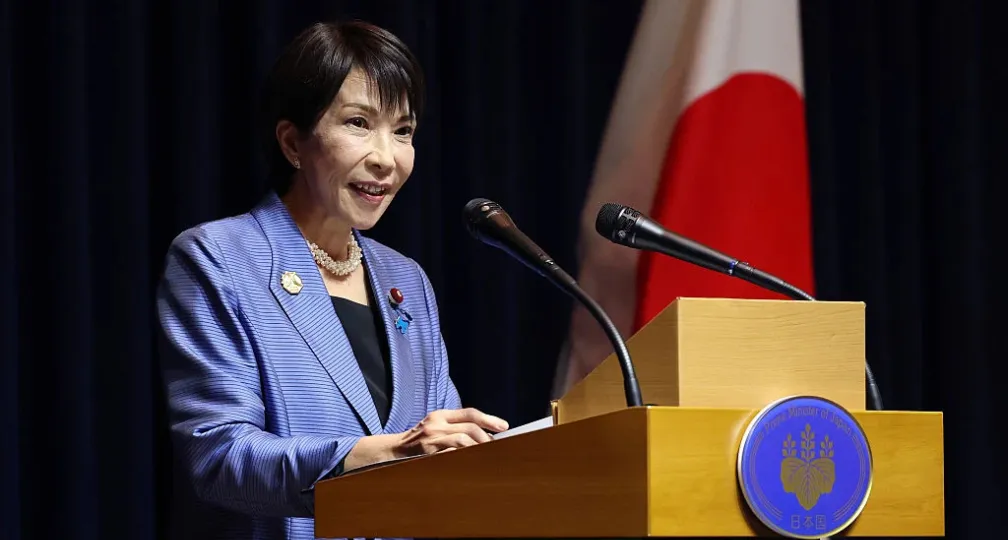The shift from economic security to geoeconomics

Economic security started out as a defensive concept, but it has now been weaponized to include an offensive element, morphing into a geoeconomic tool for nations to advance their strategic interests.
Japan’s economic security
But what is economic security, in the first place? In Japan’s case, it comes down to five elements, as I state in the forthcoming book “What is Economic Security?,” edited by the Institute of Geoeconomics. First, Japan’s economic security policy emphasizes improving the country’s strategic autonomy to keep acts of economic coercion at bay. With governments increasingly leveraging and weaponizing economic means, Japan’s priority is to fortify its defense against such acts.
Second, Tokyo’s economic security posture is strictly defensive given that its objective is to keep the influence of other countries in check. This is in contrast with the U.S.’ concept of economic security, which includes offensive measures against other countries. Third, Tokyo has gone to great lengths in communicating with the private sector to take the business community’s interests into consideration. That is because some economic security policies —diversification of supply chains, for example — are not necessarily economically efficient, given the additional costs. But, at times, governments need to pursue policies that may not make the most economic sense while aiming for broader national security goals. In this sense, Tokyo has been mindful of the private sector so that it can implement economic security measures efficiently.
Fourth, Japan is seeking to limit its economic security policies — which at times conflict with free-trade principles — as much as it can. Restricting trade with certain countries and imposing restrictions on certain items may violate fundamental World Trade Organization principles, such as non-discrimination and equal national treatment. That is why “small yard, high fence” has become an oft-used phrase, implying that restrictive measures should be limited as much as possible. Fifth, Japan puts great emphasis on achieving “strategic indispensability.” This is a double-pronged approach that boosts strategic autonomy by strengthening supply chains and making Japan so vital in supply chains that foreign governments would think twice before attempting to use economic coercion against it.
Industrial policy aspects
All of these are defensive concepts, but economic security writ large is shifting to include offensive elements. Exhibit A is the U.S. approach to economic security, which includes industrial policy through subsidies and preferential tax treatment as seen in the CHIPS and Science, and Inflation Reduction Acts. Previously, “friend-shoring” was thought to be more effective than on-shoring (attracting industries to one’s country) due to the high cost of domestic production. Yet there is a growing awareness that strategically important industries such as semiconductors and defense should be entirely on home soil, regardless of the cost.
For example, Japan is doubling down on its semiconductor industry with massive subsidies. It is handing out ¥1.2 trillion for Taiwan Semiconductor Manufacturing Co.’s plants in Kumamoto Prefecture and another ¥1 trillion for Rapidus’ factory in Hokkaido. Furthermore, increased defense spending promised by Prime Minister Fumio Kishida’s administration has led to more business for Japan’s defense industry, coupled with policies to promote the export of defense equipment.
This emphasis on fortifying supply chains is not just a matter of stabilizing the supply of parts and materials. It is also an industrial policy that seeks to increase the global competitiveness of key industries that will define the economy of the future. Following Japan-U.S. trade friction in the 1980s and 1990s, Japan’s state-led industrial policy became obsolete, with neoliberal policies centered on deregulation taking over. Free trade and globalization became the norm. But as politics and economics became intertwined in a globalized world, some countries chose to weaponizing economic power — which ironically has led to the resurgence of industrial policies similar to ones that Japan undertook decades ago.
The problem of technology leakage
The evolution of economic security has resulted in a shift in policy objectives from the pursuit of strategic autonomy to strategic indispensability. In Japan’s case, the government is promoting the Program for the Development of Key Technologies for Economic Security (commonly known as “K-Pro”) to promote investment in technology in areas closely related to security, such as the maritime, space, aviation and cyber domains.
But all of that would not mean much if technology is leaked to other countries. That is partly why Tokyo is stepping up legislative efforts to prevent sensitive technological know-how from leaking, while allowing the government to share information with the private sector. The proposed Security Clearance Act is intended to restrict access to government-held information and ensure that only people with proper security clearance are granted access. Japan already has an Act on the Protection of Specially Designated Secrets and a clearance system for defense technology that covers members of government and the private sector, but the new bill would expand the rules to cover areas like space and cyber. In spite of progress, challenges remain. The clearance system only applies to government-owned technology, so sensitive information and technology owned by private enterprises could still leak to other countries.
Competition for geoeconomic power
In a nutshell, the evolution of economic security is morphing into a geoeconomic concept that transcends the five characteristics of economic statecraft described earlier. Geoeconomics encompasses both defensive and offensive components, with the former being economic security policies and the latter aimed at influencing other countries through industrial policy and measures such as Japan’s new Official Security Assistance program.In the world of geoeconomics, a nation’s power is not defined only by its military and diplomatic clout, but also by its ability to implement policies without succumbing to economic coercion by others — while at the same time being strategically indispensable and able to exert influence over others nations.
Of course, not all countries possess complete strategic autonomy or overwhelming strategic indispensability, but those with greater geoeconomic clout actively use that power to shape the international order. The U.S.-China rivalry sees two countries with enormous geoeconomic power attempt to exert their influence and form an international order based on power. On the other hand, Japan and other countries without such overwhelming geoeconomic power are at a disadvantage. To counter this, an effective strategy is to maintain the rule-based international order and systematically restrain economic and other forms of coercion by other countries. When the Trump administration in the U.S. withdrew from the Trans-Pacific Partnership, Japan took the lead in bringing the other 11 countries (excluding the U.S.) together to form the Comprehensive and Progressive Agreement for Trans-Pacific Partnership, with Britain, Taiwan and China later applying for membership — therefore helping to preserve a rules-based international order. As the U.S. is pushing its geoeconomic dominance to the fore, the source of Japan’s power in this sphere is its ability to shape the international order that it desires by taking the lead in creating rules to ensure free trade while bolstering its own supply chains and preparing for other countries’ economic coercion.
[Note] This article was posted to the Japan Times on May 7, 2024:
https://www.japantimes.co.jp/commentary/2024/05/07/japan/economic-security-geoeconomic-power/

Geoeconomic Briefing
Geoeconomic Briefing is a series featuring researchers at the IOG focused on Japan’s challenges in that field. It also provides analyses of the state of the world and trade risks, as well as technological and industrial structures (Editor-in-chief: Dr. Kazuto Suzuki, Director, Institute of Geoeconomics (IOG); Professor, The University of Tokyo).
Disclaimer: The opinions expressed in Geoeconomic Briefing do not necessarily reflect those of the International House of Japan, Asia Pacific Initiative (API), the Institute of Geoeconomics (IOG) or any other organizations to which the author belongs.


Director & Group Head, Economic Security
Kazuto Suzuki is Professor of Science and Technology Policy at the Graduate School of Public Policy at the University of Tokyo, Japan. He graduated from the Department of International Relations, Ritsumeikan University, and received his Ph.D. from Sussex European Institute, University of Sussex, England. He has worked for the Fondation pour la recherche stratégique in Paris, France as an assistant researcher, as an Associate Professor at the University of Tsukuba from 2000 to 2008, and served as Professor of International Politics at Hokkaido University until 2020. He also spent one year at the School of Public and International Affairs at Princeton University from 2012 to 2013 as a visiting researcher. He served as an expert in the Panel of Experts for Iranian Sanction Committee under the United Nations Security Council from 2013 to July 2015. He has been the President of the Japan Association of International Security and Trade. [Concurrent Position] Professor, Graduate School of Public Policy, The University of Tokyo
View Profile-
 Japan’s Sea Lanes and U.S. LNG: Towards Diversification and Stabilization of the Maritime Transportation Routes2026.02.24
Japan’s Sea Lanes and U.S. LNG: Towards Diversification and Stabilization of the Maritime Transportation Routes2026.02.24 -
 Fed-Treasury Coordination as Economic Security Policy2026.02.13
Fed-Treasury Coordination as Economic Security Policy2026.02.13 -
 What Takaichi’s Snap Election Landslide Means for Japan’s Defense and Fiscal Policy2026.02.13
What Takaichi’s Snap Election Landslide Means for Japan’s Defense and Fiscal Policy2026.02.13 -
 Challenges for Japan During the U.S.-China ‘Truce’2026.02.12
Challenges for Japan During the U.S.-China ‘Truce’2026.02.12 -
 India and EU Sign Mother of All Deals2026.02.09
India and EU Sign Mother of All Deals2026.02.09
 Orbán in the Public Eye: Anti-Ukraine Argument for Delegitimising Brussels2026.02.04
Orbán in the Public Eye: Anti-Ukraine Argument for Delegitimising Brussels2026.02.04 Fed-Treasury Coordination as Economic Security Policy2026.02.13
Fed-Treasury Coordination as Economic Security Policy2026.02.13 When Is a Tariff Threat Not a Tariff Threat?2026.01.29
When Is a Tariff Threat Not a Tariff Threat?2026.01.29 Oil, Debt, and Dollars: The Geoeconomics of Venezuela2026.01.07
Oil, Debt, and Dollars: The Geoeconomics of Venezuela2026.01.07 India and EU Sign Mother of All Deals2026.02.09
India and EU Sign Mother of All Deals2026.02.09














